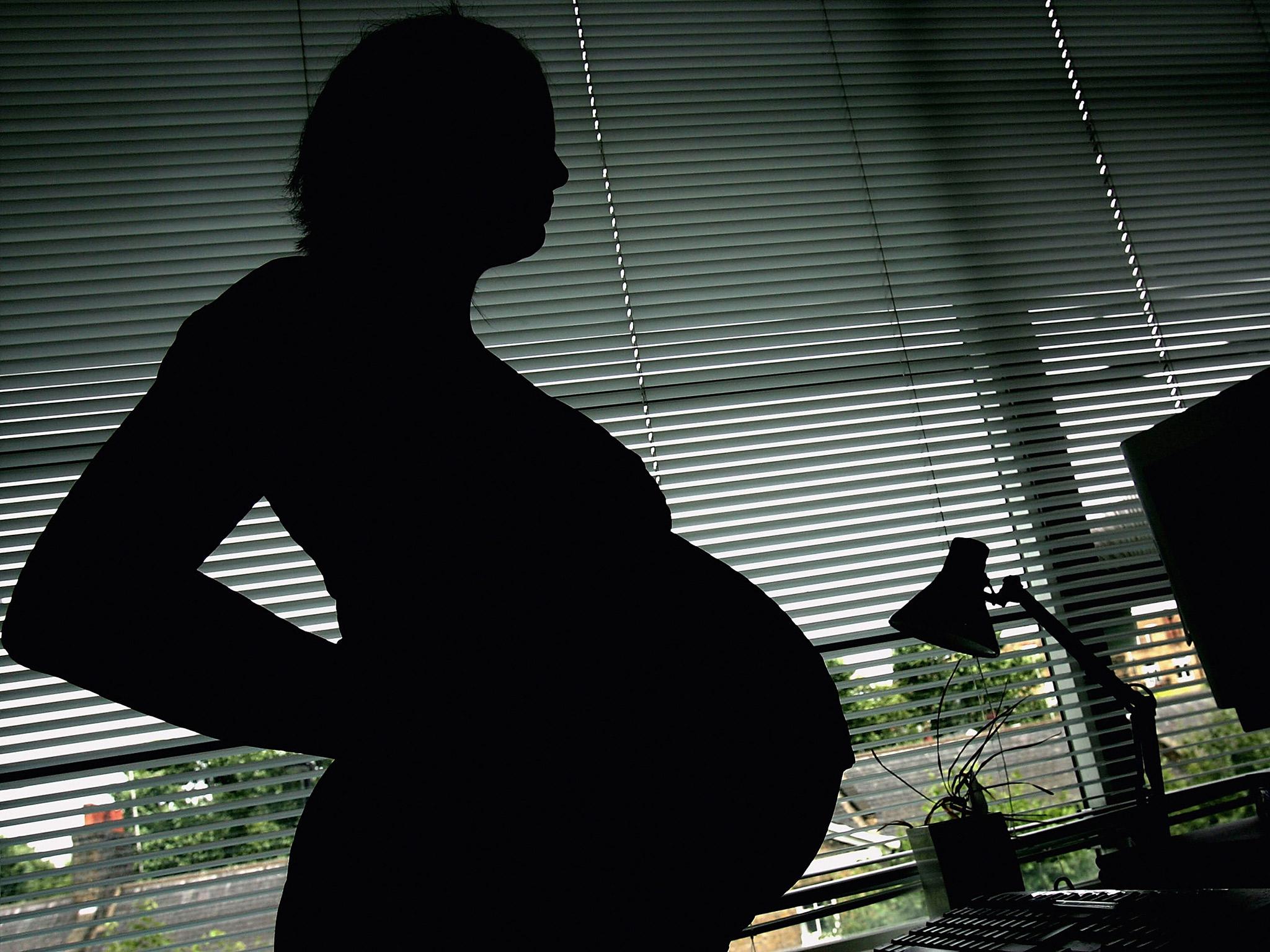Taking pregnancy multivitamins is 'waste of money' researchers find

Pregnancy multivitamins are a waste of money, researchers have concluded.
A review found "no evidence" that multivitamins result in better health for a mother or her baby and were an "unnecessary expense".
Instead, experts said women should focus on taking the single vitamins - which are available for a few pence per day - recommended by the NHS. These are folic acid in the first three months of pregnancy, and vitamin D. They should also follow a healthy diet.
Pregnancy multivitamins can cost more than £15 a month. The vitamins come with various marketing literature, including saying they provide all the "nutrients vital for both mother and baby", and "all the essential nutrients for pregnancy".
In the new research, published in the Drug and Therapeutics Bulletin, a large panel of experts in the field reviewed available evidence on folic acid, vitamin D, iron, vitamins C, E, A, and multivitamins in pregnancy.
The found good evidence for the use of folic acid to reduce the risk of neural tube defects such as spina bifida, and some evidence - although "less clear cut" - for the use of vitamin D, which is important for bone and tooth formation and the ability to absorb calcium.
But the experts found "no evidence" that women should take multivitamins, which often contain 20 or more vitamins and minerals.
They added: "For most women who are planning to become pregnant or who are pregnant, complex multivitamin and mineral preparations promoted for use during pregnancy are unlikely to be needed and are an unnecessary expense.
"Pregnant women may be vulnerable to messages about giving their baby the best start in life, regardless of cost, and be unaware that the only supplements recommended for all women during pregnancy are folic acid and vitamin D, which are available at relatively low cost."
The authors said that women are subject to "heavy marketing" of multivitamins in pregnancy but "much of the evidence for vitamin supplementation in pregnancy comes from studies carried out in low-income countries, where women are more likely to be undernourished or malnourished than within the UK population".
Press Association
Subscribe to Independent Premium to bookmark this article
Want to bookmark your favourite articles and stories to read or reference later? Start your Independent Premium subscription today.

Join our commenting forum
Join thought-provoking conversations, follow other Independent readers and see their replies